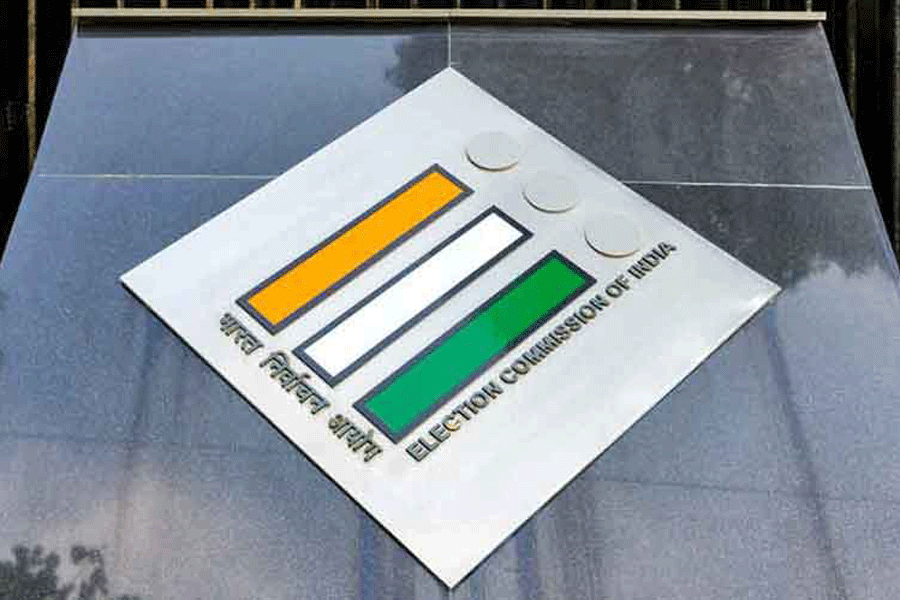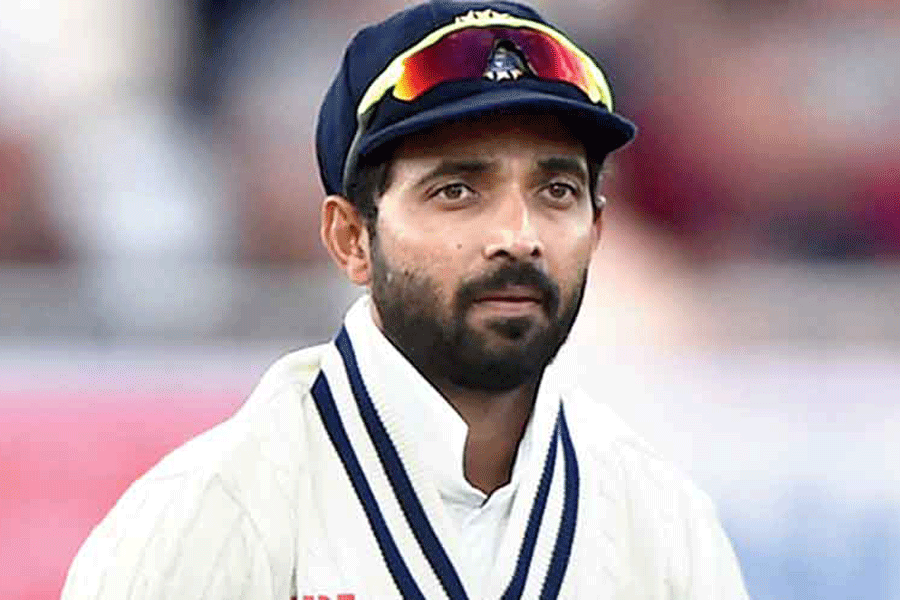Mizoram’s Silent Election Campaign: A Model for Other States
State’s Unique Approach to Campaigning Draws Interest from Reporters, Visitors, and Poll Officials

The orderly traffic flow through the capital city of Aizawl, Mizoram, every day is a sight to see for tourists and visitors. Even in lengthy jams, there is no honking or overtaking.
Similar to its well praised public-led traffic management system, Mizoram's almost colorless and noiseless election campaign draws interest from reporters, visitors, and visiting poll officials.
Like the citizens, the majority of them seem to think that the current constraints may one day serve as a model for other states where loud and disorderly campaigns can be a nightmare for both authorities and the public, and where financial incentives and other forms of enticement are not unusual.
Restrictions implemented jointly by the political parties and the Mizoram People Forum (MPF), an election monitor supported by the Church, are the reason for the muted campaigning for the November 7 elections in Mizoram. They agreed to maintain the same low profile as previously in order to facilitate a free, fair, and transparent election back in February.
A few of the provisions of the agreement include prohibiting door-to-door campaigning after the election date is declared, setting up a single platform where each candidate from a constituency may discuss their program and field questions from people, and outlawing parties throwing feasts in public.
To limit the amount spent on polling, even the quantity and dimensions of the banners, posters, and party flags that may be shown are set.
In an effort to stop unfair polling practices, the MPF, a volunteer organization made up of five NGOs and seven Church denominations, was established in 2006. The dos and don'ts pertaining to clean elections have taken effect by 2008. Since then, they have been used in all elections—local, assembly, and Lok Sabha—along with the public's and political parties' participation.
"The way the dos and don'ts are implemented has been pretty good," Rev. Lalramliana Pachuau, general secretary of the MPF, told The Telegraph.
"To stop unfair practices, we are collaborating with the political parties. It is suggested that parties and candidates stay under the election spending limits set by the state election body or the Election body of India (EC).
According to Pachuau, the EC has recognized the MPF's efforts to guarantee free, fair, and peaceful elections.
He went on to say that, "by planning carefully, because what may work in Mizoram may not elsewhere," the agreement between the MPF and the major parties may be repeated elsewhere.
The agreement states that door-to-door campaigning is a "costly and exhausting endeavor" and that it provides opportunity for "corrupt practices." A "common platform for all candidates to deliver speeches at a specified time and place" should be used in its place.
In the state with a large Christian population, where the Church has a strong hold on a close-knit community, the dos and don'ts have been universally accepted.
Except for the headline, this story has not been edited by Press Time staff and has been published from a syndicated feed.



























































